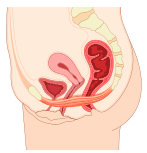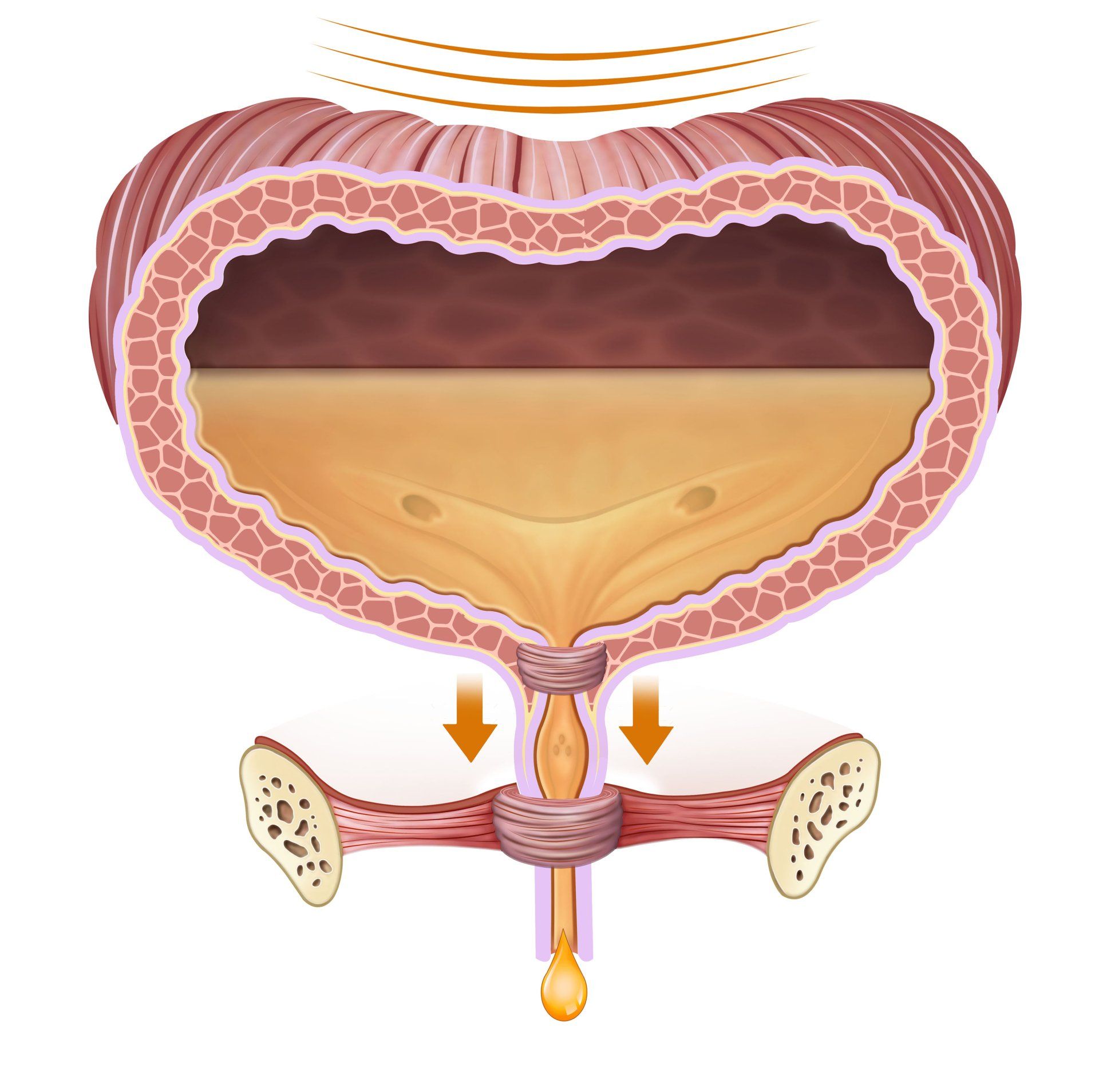Childhood encopresis, or the inability to control bowel movements, is a challenging condition that affects many children, often leading to feelings of frustration, shame, and isolation. When combined with conditions such as Autism Spectrum Disorder (ASD), which can affect sensory processing, communication, and social interactions, the issue of encopresis can become even more complex. However, a specialised approach through pelvic physiotherapy offers a promising solution for children struggling with these challenges.
In this blog, we will explore how pelvic physiotherapy can help children with encopresis, particularly those with ASD, and improve their overall quality of life.
Understanding Encopresis and Autism Spectrum Disorder
Encopresis typically refers to the repeated passage of stool into inappropriate places (such as clothing or the floor) by a child older than 4 years old, who has already been potty trained. It can result from a range of factors, including chronic constipation, fear or anxiety surrounding bowel movements, or underlying physical conditions affecting bowel control.
Autism Spectrum Disorder (ASD) is a developmental disorder characterized by challenges in communication, sensory processing, and repetitive behaviors. Many children with ASD experience difficulties in regulating bodily functions, including those related to toileting. Sensory sensitivities, rigid routines, or anxiety can exacerbate encopresis in children with ASD, making it harder for them to develop effective toilet training or bowel control.
How Pelvic Physiotherapy Can Help
Pelvic physiotherapy is a specialised form of physiotherapy that focuses on the muscles and structures of the pelvic floor, which play a crucial role in controlling bowel and bladder function. For children with encopresis and ASD, pelvic physiotherapy can address both the physical and behavioral aspects of the condition. Here’s how:
1. Improving Bowel Function
Pelvic physiotherapists are trained to work with children on strengthening and coordinating the pelvic floor muscles, which control bowel movements. By teaching children exercises that engage the muscles responsible for bowel control, therapists can help improve the ability to recognize the urge to go to the bathroom and support more effective elimination. This is especially important for children with encopresis who may have weakened or poorly coordinated pelvic floor muscles.
2. Addressing Constipation and Discomfort
Chronic constipation is often a significant contributor to encopresis. Pelvic physiotherapy can help identify and treat factors that may be contributing to constipation, such as poor posture during toileting, inefficient muscle contractions, or pelvic floor dysfunction. The Physio can guide the child on techniques to alleviate discomfort, reduce the fear of bowel movements, and gradually restore healthy, regular bowel habits.
3. Sensory Integration for Children with ASD
Children with ASD often experience heightened sensory sensitivities, including difficulties with the feeling of bowel movements or the sensory environment of the bathroom. Pelvic physiotherapists trained in sensory integration techniques can help children develop better body awareness and tolerance to sensations related to bowel movements. This could include desensitisation exercises, gradual exposure to the act of toileting, and creating a more calming bathroom routine.
4. Establishing Toilet Training Routines
For children with ASD, establishing and following a predictable routine is essential. Pelvic physiotherapists can work with families to create a structured, supportive, and sensory-friendly toileting schedule. They can help parents and caregivers develop strategies to ease the transition into regular toileting habits, especially if a child is anxious or resistant to the process.
5. Enhancing Relaxation and Reducing Anxiety
The anxiety and emotional stress associated with encopresis are often compounded in children with ASD. Pelvic physiotherapy incorporates techniques to help children relax their pelvic floor muscles, making it easier to pass stool without pain or resistance. These techniques may involve breathing exercises, guided imagery, or visual cues designed to reduce the fear or discomfort of using the bathroom.
The Role of a Multidisciplinary Approach
Pelvic physiotherapy for childhood encopresis and ASD is most effective when it is part of a multidisciplinary treatment approach. Collaborating with other healthcare professionals such as pediatricians, psychologists, and occupational therapists can address the broader needs of the child. Combining pelvic physiotherapy with behavioural therapies or speech-language therapy can provide a comprehensive plan to improve both the child’s physical and emotional health.
Benefits of Pelvic Physiotherapy for Children with Encopresis and ASD
Increased bowel control: Pelvic physiotherapy can help children regain control over their bowel movements and reduce accidents.
Enhanced quality of life: Addressing the underlying physical and sensory issues associated with encopresis can relieve frustration and improve the child’s overall well-being.
Improved confidence: As children gain more control over their bodily functions, they are likely to feel less shame or anxiety surrounding toileting.
Empowered families: Parents and caregivers will receive practical tools and strategies to support their child’s progress, fostering a positive approach to managing encopresis.
Conclusion
Pelvic physiotherapy provides a valuable tool for children with encopresis and ASD, offering physical and emotional support that can transform toileting from a stressful experience to a manageable and even empowering one. By addressing the physical aspects of bowel control, promoting relaxation, and helping children with ASD navigate sensory challenges, pelvic physiotherapists help restore confidence and improve quality of life.
If your child is struggling with encopresis, especially in the context of ASD, it may be worth exploring pelvic physiotherapy as part of a holistic treatment plan. Working with a qualified pelvic physiotherapist can provide tailored strategies to help your child achieve better bowel control, reduce anxiety, and develop healthier habits over time.
Cara has over 14 years of clinical experience working with children with continence and pelvic floor related issues including encoporesis. She is well versed with neurodivergent children and understands the complexities of their needs.













